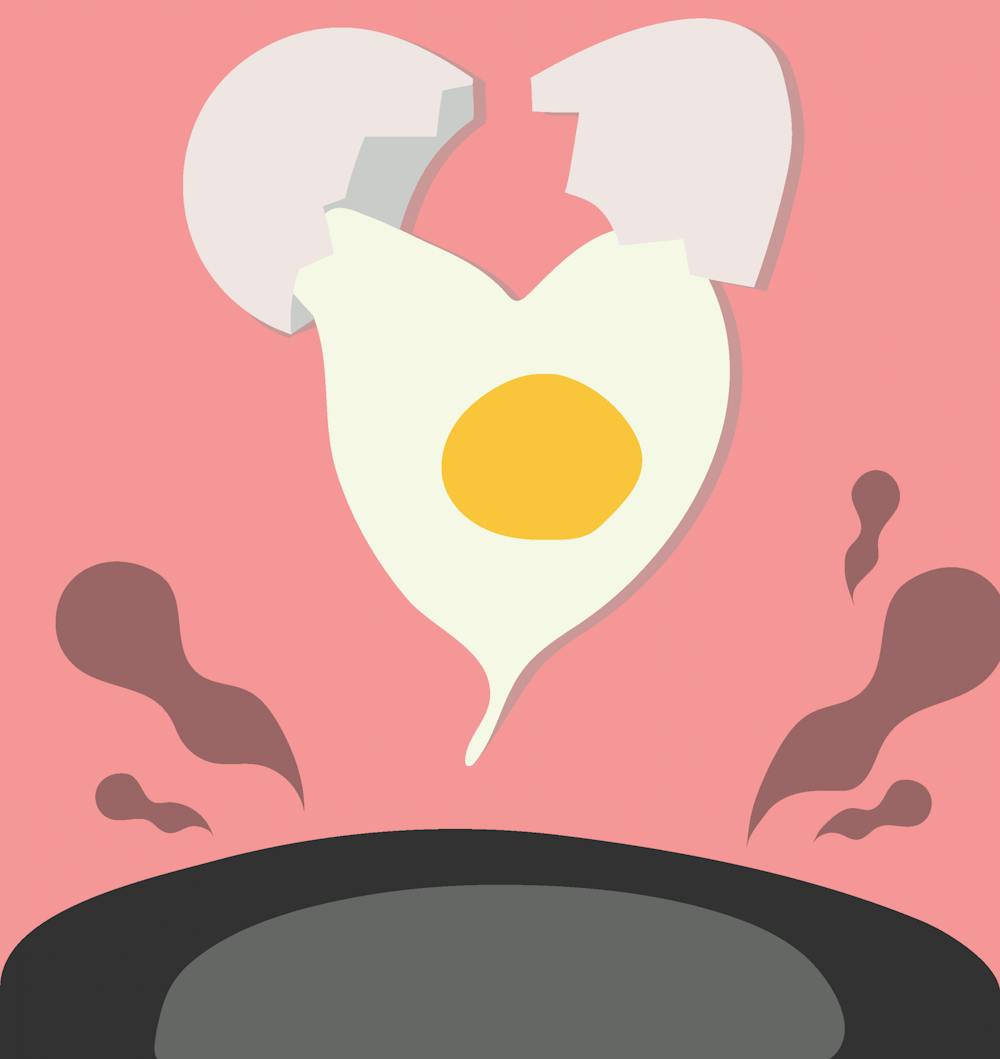I didn’t know my grandma loved me until I was 7 years old. She never seemed particularly proud or happy about my small achievements, and it didn’t help that the emotional distance between us was equal to the physical: an ocean apart.
We visited her in Hong Kong, and she made me cry when I refused to eat pig feet because I was an incredibly picky eater. She left me in the street and came back with a butterfly cookie. Despite its name, it didn’t resemble a cookie in the Western sense. Instead, it was a deep-fried confectionary formed by long strands of dough attached at the ends, twisted at the center to create a hole and covered in a sticky-sweet syrup.
My mom told me it was grandma’s way of apologizing, like when she made my mom upset and drove an hour to pick up the manapua, Hawaiian-style char siu pork encased in a fluffy white bun, she liked.
I didn’t understand that. I couldn’t understand that my grandma’s love was through the generosity of food. But the treat was so sweet – the way I liked it – and I couldn’t find it in myself to be mad anymore.
In China, it’s common to ask 你吃了吗 (nĭ chī le ma) in Mandarin, translated as “Have you eaten yet?” in English, as a form of greeting. This tradition must have been spread over the world by the Asian diaspora, as my family will continue to ask me this instead of the usual “Hello,” “Howzit” (Hawaiian pidgin slang) or “Welcome home.”
But regardless if you have eaten or not, they will give you food.
People often speak of a love language as being a direct form of communicating affection with a partner, but food is not confined to the romantic sphere of life. It is applicable to every relationship – romantic, platonic and familial – in your life.
Like an act of service or a physical gift, food is a love language in itself. It’s a more nuanced way of demonstrating love, and it took me years to realize.
It wasn’t until I was older, when I noticed that whenever I visited my grandpa, he always made sure that there was freshly-cut mango and cantaloupe, a bowl of lychee and passion-orange-guava juice for me, and sashimi and papaya for my mom. And we would eat the fruit he grew in his backyard and eat the fish he picked out yesterday because he knew we were coming and wanted to show how much he loved us.
It wasn’t until I was older, when I noticed that my mom would cut strawberries for me when I came home from school and bring me fresh fruit or cheese and crackers to my room when I was studying.
I never asked. She never said anything.
And when I visited my grandma in January, she made me chrysanthemum tea when she knew I was sad after my dog died.
Enjoy what you're reading?
Signup for our newsletter
I didn’t know if she knew that’s what my mom does for me when I’m upset. And she still doesn’t say “I’m sorry” when she hurts me or kisses me goodbye. Instead, she has a cup of chrysanthemum tea at the ready and a bag full of my favorite foods to take home.
Would my mom be my mom if she didn’t give me half of her clementine?
Would my grandma be my grandma if she didn’t start the kettle when I trembled?
When my family gives me food, it means, “I want you to eat well.” It means, “I love you.”



